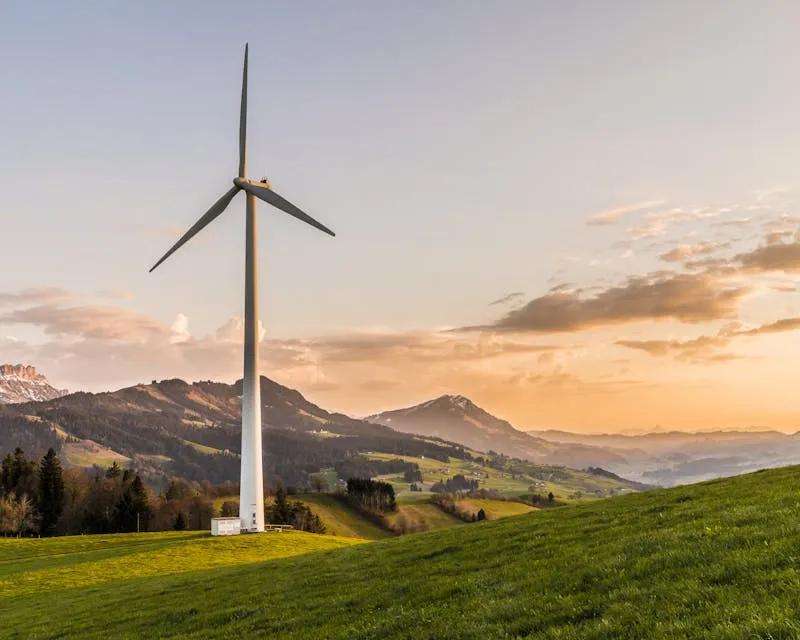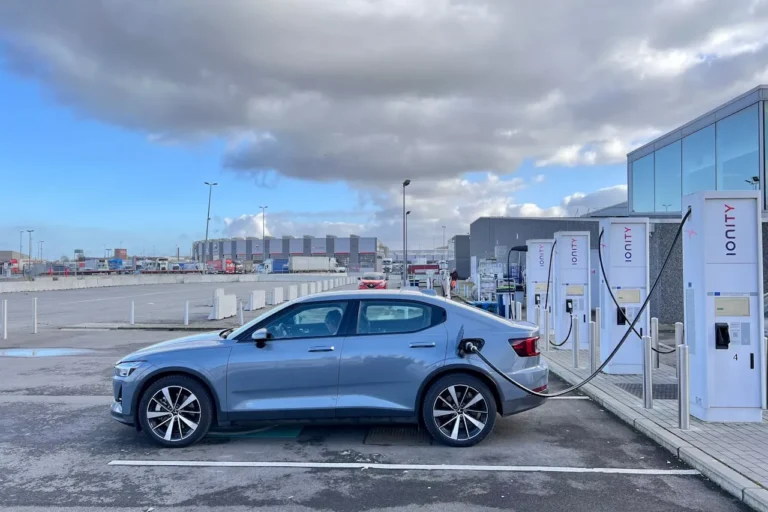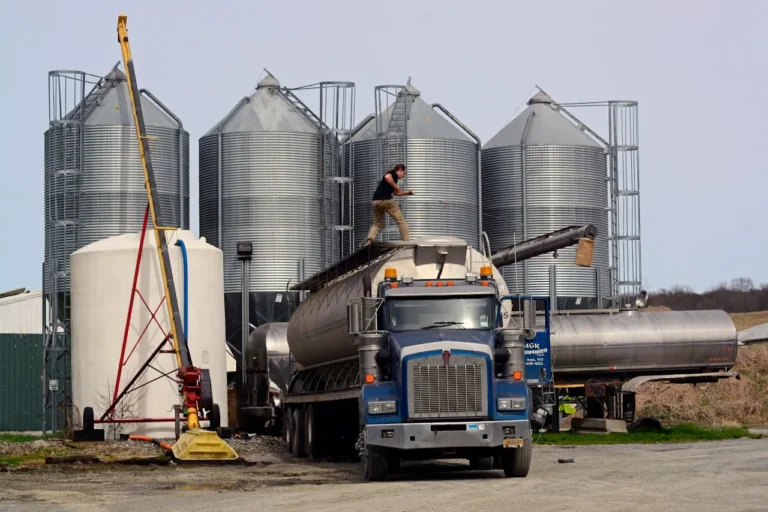
Clean Energy, the nation’s largest provider of clean transportation fuel, has secured a contract to design and construct a cutting-edge hydrogen fueling station for the Riverside Transit Agency (RTA) in California. This award was the result of a competitive solicitation process and includes not only the design and construction of the facility but also the provision of hydrogen fuel and ongoing maintenance services. The station, which will be located in Riverside, will serve as a private access, purpose-built hub for RTA’s hydrogen-powered fleet.
Initially, RTA plans to operate five hydrogen fuel cell buses when the station opens. Over the next decade, this fleet is projected to expand to over 100 hydrogen-powered buses, underscoring RTA’s commitment to transitioning to a zero-emission vehicle fleet. The new station will be pivotal in supporting the agency’s goal to adopt clean, sustainable technologies while maintaining its ability to serve one of the geographically largest transit regions in the United States.
Hydrogen: A Natural Fit for RTA
Given RTA’s extensive service area, which includes some of the longest passenger routes in the country, hydrogen fuel offers a distinct advantage over other clean energy alternatives like battery-electric buses. The high energy density of hydrogen makes it well-suited for the long distances and demanding operations typical of RTA’s high-mileage transit routes.
“Being awarded another hydrogen station is a testament to Clean Energy’s leadership and expertise in the hydrogen fueling space. Partnering with the forward-thinking team at Riverside Transit is a great feather in our hat as they transition, expand, and diversify to other clean, low-emissions technologies,” said Chad Lindholm, Senior Vice President of Clean Energy. “Hydrogen offers a reliable solution for long routes, and this new station will support RTA’s goals to serve their community cleanly for years to come.”
A Step Towards Healthier Communities
Jeremy Smith, Board Chair of the Riverside Transit Agency, highlighted the broader impact of the project, saying, “This project reflects our commitment to fostering healthier communities by advancing clean energy solutions and is a critical milestone as we move to a zero-emission vehicle fleet. We are driving innovation while addressing the need for environmentally responsible solutions.”
The hydrogen station project represents an important milestone in RTA’s broader sustainability strategy. The agency’s long-term plan to transition its bus fleet to zero-emission vehicles will roll out in phases, beginning in 2026. This approach ensures a systematic and efficient shift from traditional fuels to cleaner alternatives, minimizing disruptions to service while maximizing environmental benefits.
Federal Support for a Greener Future
The announcement of the hydrogen station coincides with news that RTA will purchase five 40-foot hydrogen fuel cell electric buses, supported by a $5.1 million grant from the U.S. Department of Transportation. This funding marks the first step in RTA’s ambitious plan to transform its large bus fleet into a zero-emission powerhouse. The addition of hydrogen fuel cell buses complements RTA’s ongoing efforts to integrate innovative and environmentally friendly technologies into its operations.
Clean Energy’s Growing Hydrogen Portfolio
This new project for RTA is part of Clean Energy’s expanding portfolio of hydrogen fueling stations. In June 2023, Clean Energy successfully completed its first hydrogen station for the Foothill Transit Agency in Pomona, California. The station has been instrumental in supporting Foothill Transit’s clean energy goals and has set a benchmark for future projects.
With the RTA project, Clean Energy continues to establish itself as a leader in the clean transportation sector. The company’s expertise in hydrogen fueling infrastructure and its commitment to sustainability have positioned it as a trusted partner for transit agencies seeking to adopt zero-emission technologies.
A Future Powered by Clean Energy
The collaboration between Clean Energy and RTA underscores the growing importance of hydrogen as a clean fuel alternative in the transportation sector. As transit agencies across the country face increasing pressure to reduce emissions and adopt sustainable practices, projects like the Riverside hydrogen fueling station serve as a blueprint for success.
By leveraging federal funding, innovative technology, and partnerships with industry leaders like Clean Energy, RTA is setting a powerful example for how transit agencies can balance operational demands with environmental stewardship. The new hydrogen station represents not just a step forward for Riverside Transit but a leap toward a greener, more sustainable future for public transportation in California and beyond.







